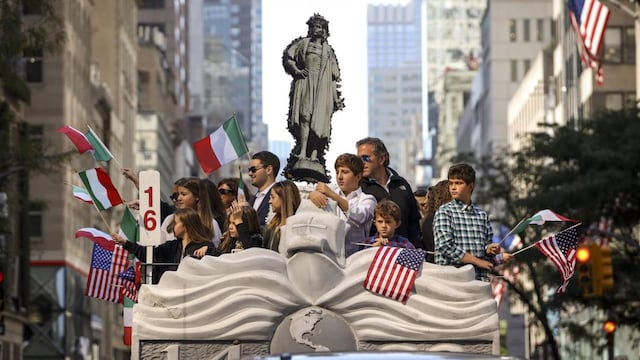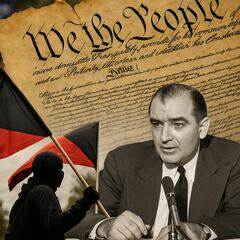While the latter has gained significant recognition and support in recent years, it has not yet been established as a federal holiday like the former.

Are Columbus Day and Indigenous People Day federal holidays?

Columbus Day was first celebrated in the US in 1792 according to records, when the Tammany Society in New York and the Massachusetts Historical Society marked the 300th anniversary of Columbus’ landing in the Americas.
New York-based Italian-Americans held celebrations on 12 October, 1866, but it was not until 1937 that it became a federal holiday. Originally observed on Oct. 12, in 1971 Columbus Day was assigned to the second Monday of October.
One exemplar of Tony Sirico’s brilliance is when he wasn’t there. ‘Christopher’ (S4E3) is widely accepted as one of Sopranos’ weaker episodes. Silvio gets weirdly obsessed with protests at the Columbus Day parade & it feels like a very out-of-character & pointless storyline. It… pic.twitter.com/qvQx3EF0R0
— Nooruddean (@BeardedGenius) July 9, 2022
However, while the Italian-American community’s adherence to Columbus Day remains strong, it has been widely shunned across the US following a groundswell of public commemoration indigenous history. Many states and cities do not recognise Columbus Day and have replaced celebrations recording the discovery of the Americas with Indigenous People’s Day festivities instead.
What about Indigenous People’s Day?
The presidential proclamation of Indigenous Peoples’ Day, while it increased national spotlight, didn’t make it a federal holiday. That would require Congress to pass legislation cementing the day in the US calendar of federally recognized holidays. However, as it falls on Columbus Day it could be regarded as a de facto holiday.
Related stories
So far, only four states; Maine, New Mexico, South Dakota and Vermont along with the District of Columbia and two territories that recognize the day as a regional holiday in honor of those who arrived in the Americas long before Columbus “discovered” them.
Three other states, Alabama, Nebraska and Rhode Island have a paid holiday that recognizes both indigenous peoples and Columbus.


Complete your personal details to comment